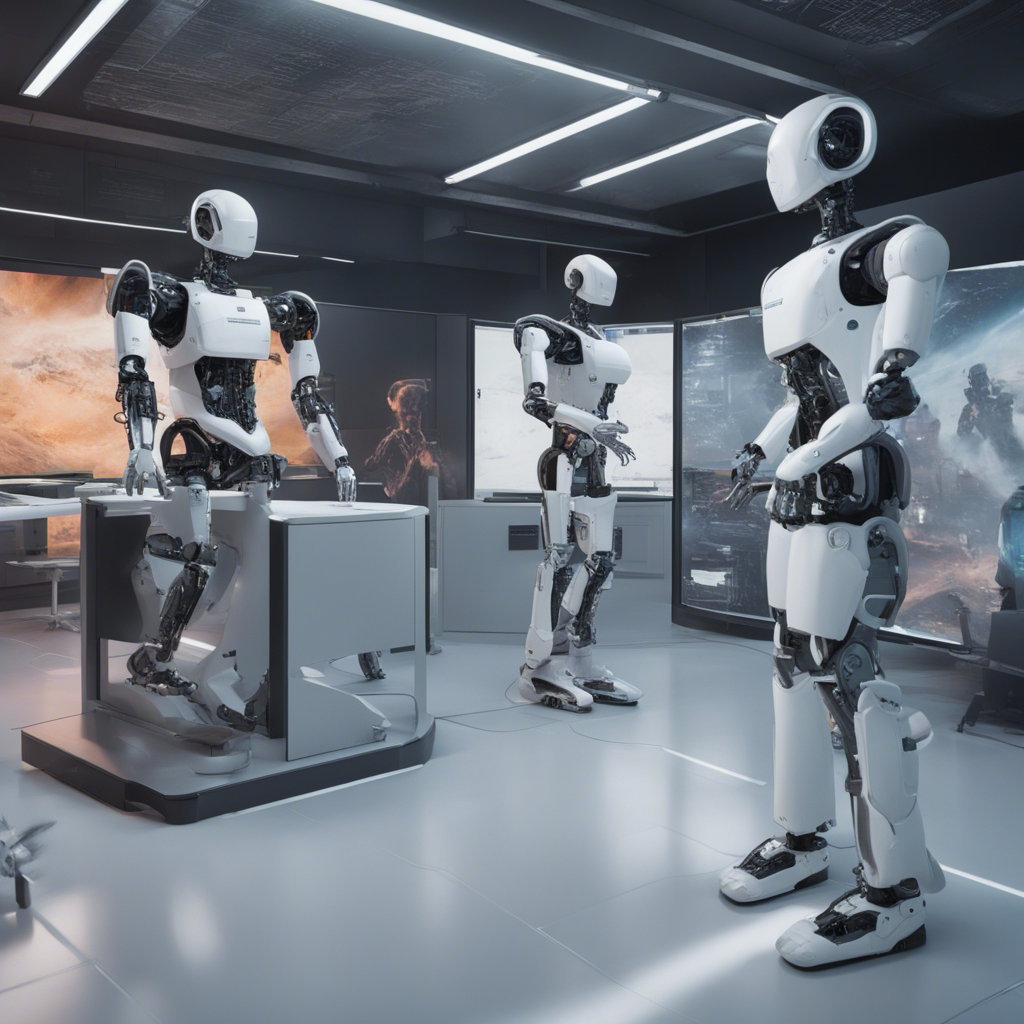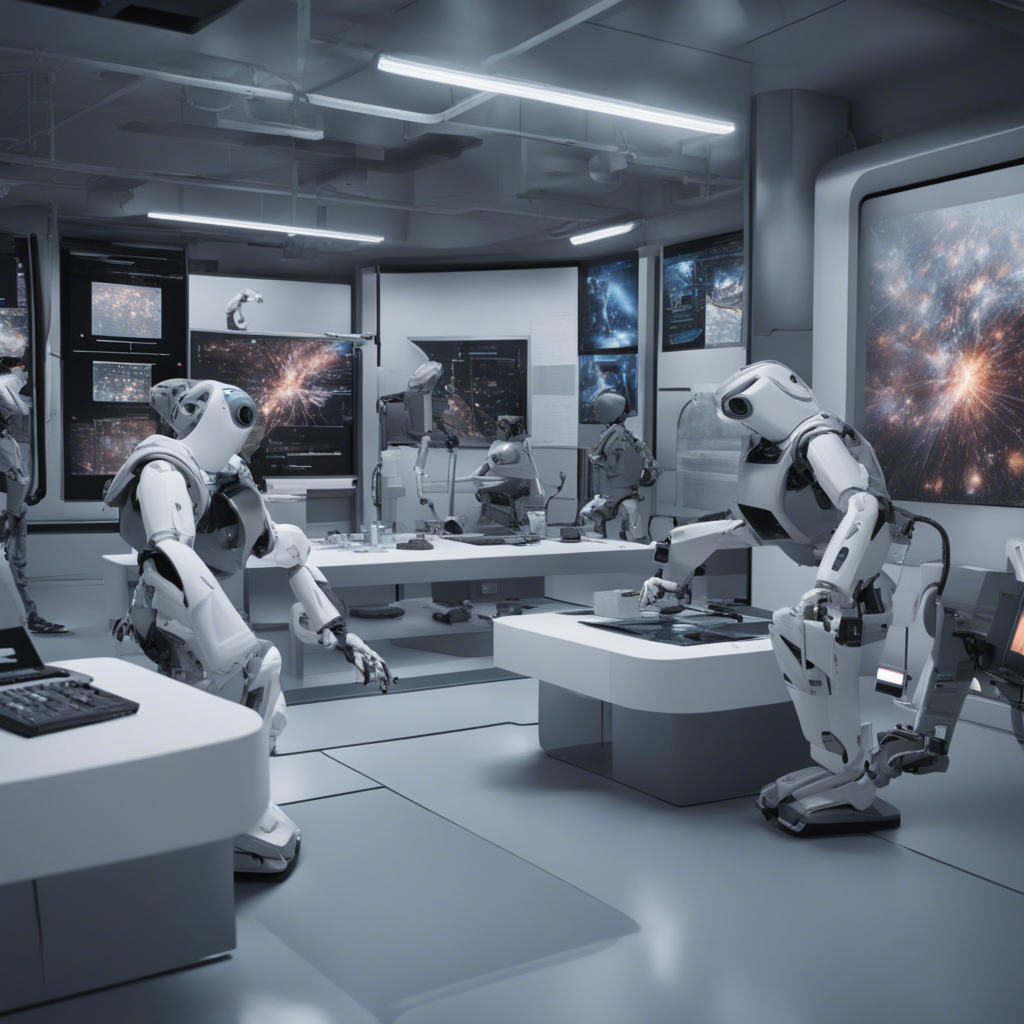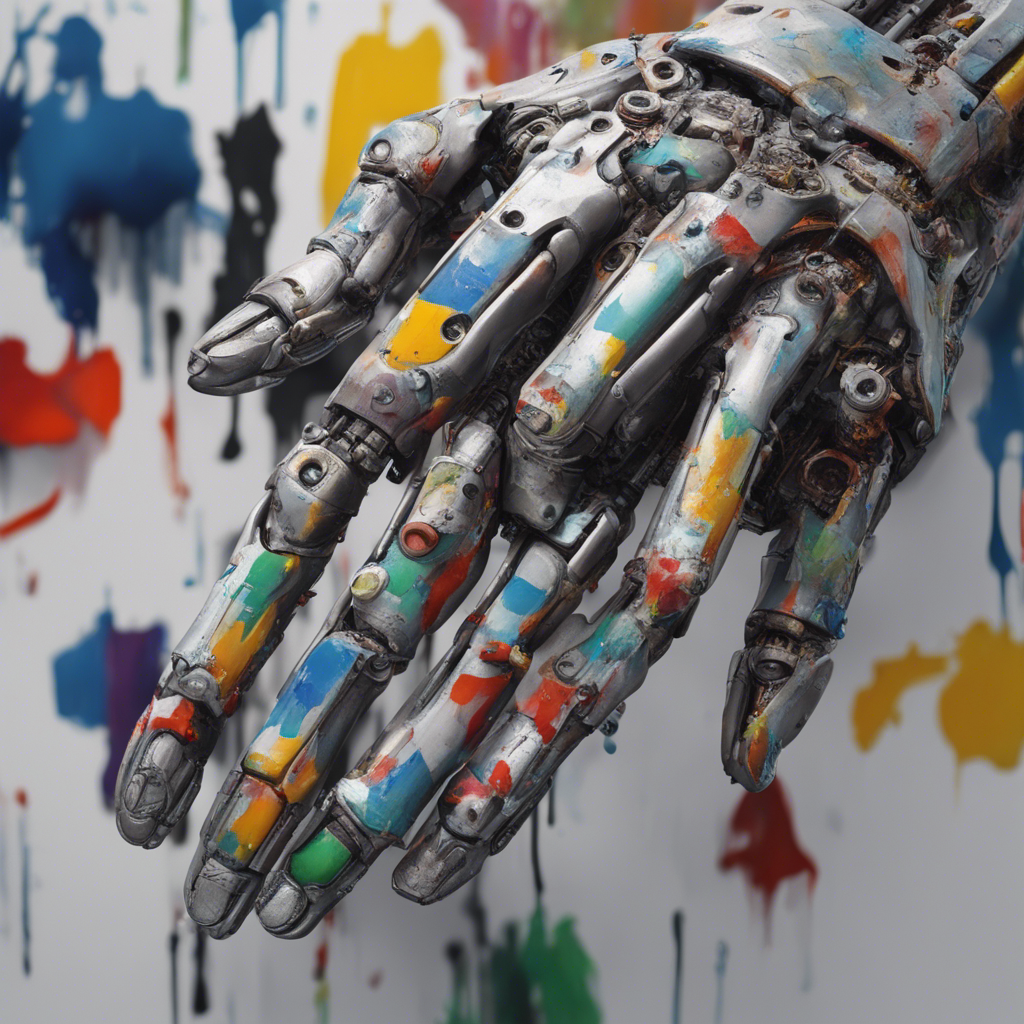
10 Amazing AI Applications Improving Healthcare
Introduction
Artificial Intelligence (AI) has revolutionized multiple industries, and healthcare is no exception. The convergence of AI with healthcare has opened up opportunities for enhanced medical diagnosis, treatment, and overall patient care. In this blog post, we will explore 10 amazing AI applications that are transforming the healthcare landscape.
1. Predictive Analytics for Early Disease Detection
One of the most significant advantages of AI in healthcare is its ability to analyze large amounts of patient data and identify patterns that could indicate early signs of diseases. By leveraging machine learning algorithms, AI can perform predictive analytics, helping healthcare professionals detect diseases such as cancer, diabetes, and heart conditions in their early stages.
A prime example of this is the IBM Watson Oncology system, which can sift through vast amounts of medical literature and patient records to generate treatment recommendations based on individual patient data.
2. Medical Image Analysis and Diagnostics
AI has shown remarkable capabilities in medical image analysis, particularly in the fields of radiology and pathology. Algorithms trained on vast datasets can now accurately detect abnormalities and assist radiologists in diagnosing conditions such as tumors, fractures, and other anomalies.
Furthermore, AI-powered tools like Aidoc and Zebra Medical Vision enable faster triage and prioritization of critical cases, reducing the time it takes for patients to receive the necessary treatment.
3. Personalized Treatment Plans
AI algorithms can analyze patient information, including genetic data and medical history, to generate personalized treatment plans. By considering individual factors, such as genetic predispositions and medication interactions, AI can optimize treatment outcomes and minimize adverse effects.
Companies like Tempus are making significant strides in this area, using AI to analyze clinical and molecular data to tailor cancer treatments for each patient.
4. Virtual Nursing Assistants
Virtual nursing assistants powered by AI are becoming increasingly common in healthcare institutions. These assistants can provide patients with personalized care plans and answer questions about medications, medical conditions, and treatment options.
An example is Buoy Health, an AI-powered chatbot that uses natural language processing to ask users about their symptoms and provides guidance on whether immediate medical attention is required.
5. Drug Discovery and Development
The process of developing new drugs is time-consuming and expensive. AI can significantly accelerate this process by analyzing vast amounts of biomedical data, identifying potential drug candidates, and predicting their efficacy.
BenevolentAI is a notable startup that utilizes AI to discover new therapeutic targets and repurpose existing drugs, leading to faster drug development and potentially a more effective treatment across various diseases.
6. Robot-Assisted Surgery
AI-powered robotic systems are revolutionizing the field of surgery. With greater precision and reduced invasiveness, these systems assist surgeons during complex procedures, enhancing their capabilities and improving patient outcomes.
The da Vinci Surgical System is a well-known example, enabling surgeons to perform minimally invasive procedures with greater control and precision than traditional methods.
7. Mental Health Support
AI is also being employed to provide mental health support and detect mental health conditions. Chatbots like Woebot use natural language processing and cognitive-behavioral therapy techniques to interact with individuals, providing emotional support and assistance in managing stress, anxiety, and depression.
Furthermore, AI algorithms can analyze social media posts and user behavior to detect signs of mental health disorders, potentially enabling early interventions.
8. Remote Patient Monitoring
Remote patient monitoring is a critical component of healthcare, especially for individuals with chronic conditions or those who require post-hospital care. AI can enable remote monitoring of patients’ health by collecting and analyzing real-time data from wearable devices and sensors.
For instance, companies like EarlySense develop AI-powered technologies to monitor patients’ vitals, allowing healthcare providers to identify abnormalities and deliver timely interventions.
9. Disease Surveillance and Outbreak Prediction
AI systems can analyze vast amounts of data from various sources, including social media, news reports, and hospital records, to detect disease outbreaks and predict their spread. This capability is particularly valuable for infectious diseases like influenza or COVID-19.
HealthMap, an AI-powered platform, uses data mining and natural language processing techniques to monitor global disease outbreaks and provide real-time information to healthcare professionals and the general public.
10. Administrative Workflow Streamlining
AI can streamline administrative processes, allowing healthcare institutions to allocate their resources more efficiently. Natural language processing algorithms can parse and analyze large volumes of medical records, simplifying data extraction, coding, and billing procedures.
Additionally, AI-powered systems like OptumIQ automate appointment scheduling and optimize resource allocation, reducing wait times and improving patient experience.
Conclusion
These 10 amazing AI applications are revolutionizing healthcare, improving medical diagnosis, treatment, and patient care. From predictive analytics and medical imaging to virtual nursing assistants and disease surveillance, AI holds tremendous potential in transforming the healthcare landscape.
As AI continues to evolve and integrate further with healthcare systems, it is crucial to prioritize ethics, privacy, and the responsible use of AI-driven technologies. By leveraging AI’s power ethically and responsibly, we can harness its full potential to benefit patients worldwide.
Note: Mention of specific companies and products is for illustrative purposes only and does not represent endorsement.






